Genre 2012: the Ghetto Remains the Same?
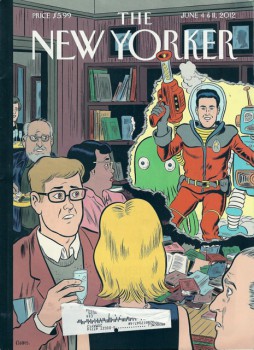 Pssst. Hey, buddy. Yeah, you. Come over here a sec. Listen. Did you know that by virtue of reading this, by virtue of even cruising this site, you live in a ghetto?
Pssst. Hey, buddy. Yeah, you. Come over here a sec. Listen. Did you know that by virtue of reading this, by virtue of even cruising this site, you live in a ghetto?
It’s true.
Let me explain.
Once upon a distressingly long time ago, when I worked in retail bookstores, life was peaceful. Organized. Every book had its place. Each, by its nature, described in advance its own prized spot on the shelf. Controversy in the rarefied field of what we bibliophiles archly referred to as Incoming Tome Location had been all but eradicated.
There was, of course, one pesky exception. Genre. Or, to be exact, Genre Fiction. The breakouts for Romance and Mystery/Suspense were generally simple enough, a Maginot Line easily upheld, but woe betided Fantasy and Science Fiction (not to mention everyone’s favorite red-headed stepchild, Horror, the shelves for which invariably faced into an out-of-the-way corner, as if they attracted only trench-coated perverts and budding psychopaths). Garcia Marquez and Italo Calvino were literature, and clearly so, by virtue of being international in stature. But then, what of Stanislaw Lem? How had he become marooned in Sci-Fi? Maybe, we clerks said, speaking in clandestine whispers lest our overlords hear us, Lem’s titles could be cross-shelved. Shelved, God forbid, in more than one place.
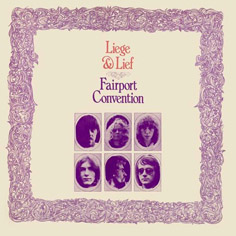 Yes, Black Gate’s focus is on the literature of the fantastic. But sometimes, fantasy needs a soundtrack.
Yes, Black Gate’s focus is on the literature of the fantastic. But sometimes, fantasy needs a soundtrack.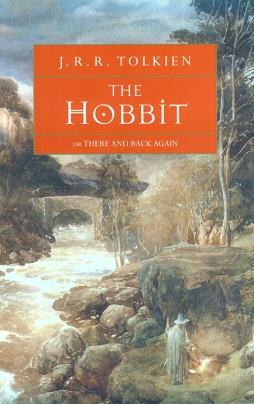 Nearly every night, I read aloud to my boys. For Evan, my seven-year-old, I have lately been reading The Hobbit. Two nights ago, no sooner had I begun than Evan interrupted, saying, “It’s funny how they spell ‘Smaug.’”
Nearly every night, I read aloud to my boys. For Evan, my seven-year-old, I have lately been reading The Hobbit. Two nights ago, no sooner had I begun than Evan interrupted, saying, “It’s funny how they spell ‘Smaug.’”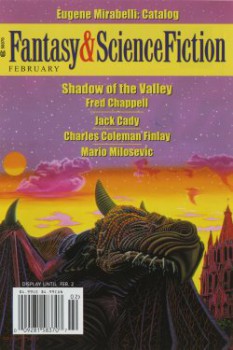 As I began the second story in the latest issue of Black Gate, I was forcefully (but not forcibly) reminded of a review I wrote some years ago for Tangent Online.
As I began the second story in the latest issue of Black Gate, I was forcefully (but not forcibly) reminded of a review I wrote some years ago for Tangent Online.
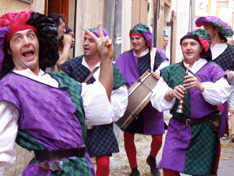 Nearly a decade ago, having spent four nights reading my story “A New Grave For Monique” aloud to a late-night workshop audience, I won an award for fiction from the Santa Barbara Writer’s Conference. The audience (and the conference in general) was uniformly Caucasian.
Nearly a decade ago, having spent four nights reading my story “A New Grave For Monique” aloud to a late-night workshop audience, I won an award for fiction from the Santa Barbara Writer’s Conference. The audience (and the conference in general) was uniformly Caucasian.